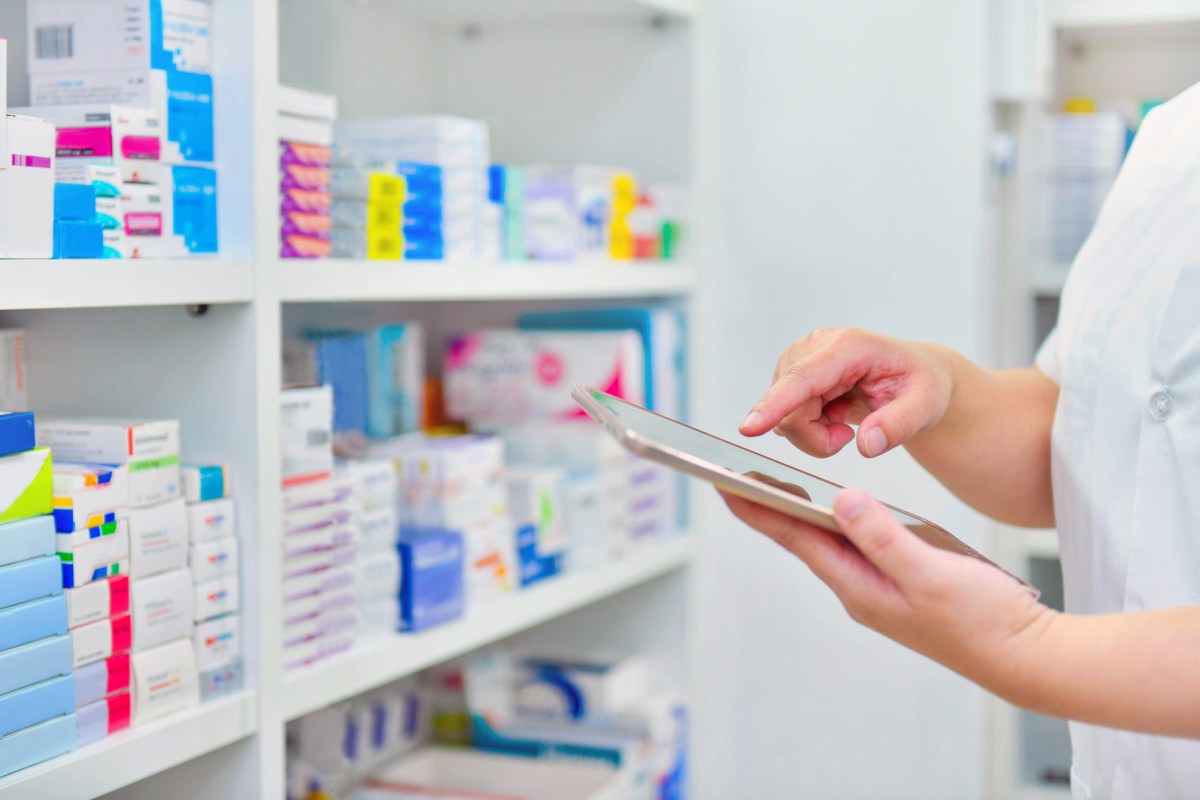The flood of phone calls from panicked New Yorkers to Drug Mart, a small independent pharmacy in the Upper East Side, hasn’t let up since the coronavirus pandemic began forcing all of the state’s non-essential workforce to work from home, according to pharmacist Ilana Amivo.
People call the pharmacy with general questions about the virus, how it spreads, what precautions need to be taken, where to get hand sanitizer, how to get a COVID-19 test, worries over medication shortages, if they are closing and how to get life-sustaining drugs like insulin or blood pressure pills without setting foot inside an actual store.
“We try to give them daily reassurance that, yes, we’ll be here no matter what,” said Amivo during a phone interview, the sharp sound of ringing phones serving as background noise.
Like other pharmacies across the city and country, Drug Mart has adopted social distancing practices at work, stopped charging for curbside deliveries and even expanded their delivery mileage to enable more New Yorkers to stay home. During one of the 80 daily deliveries, the drug store’s now seven-person staff makes, given the nation’s unpredictable economic state the store let go of five employees, Amivo transported HIV medication to a patient in The Village so he wouldn’t have to step outside.
Pharmacists, according to Amivo and President of the Pharmacists Society of the State of New York Steve Moore, are happy to provide more relief to hospitals like providing more vaccinations and address drug shortages by compounding commercially available prescriptions. Two things that could possibly be done if more limits are placed on prescription drug middlemen, the pair said.
But pharmacists, like other healthcare workers, worry about the lack of protective gear available to them. In a group chat with 300 other independent pharmacists, Amivo said, people are constantly pinging one another asking where they can get gloves, face masks, and other protective gear. They want to take extra precautions while out and about and also in stores.
“They come in coughing, talking to you, signing things and we don’t know what they have,” said Amivo. A mother of four, she worries about accidentally picking up the virus at work and passing to her children who could possibly spread it to others.
More protective gear for pharmacists would help prevent the spread of the novel coronavirus patients in hospitals. In order to maintain certain drug sterility, like IVP drips, pharmacy workers need N-95 masks.
“We are also healthcare providers and we have kind of become forgotten,” said Amivo.



































